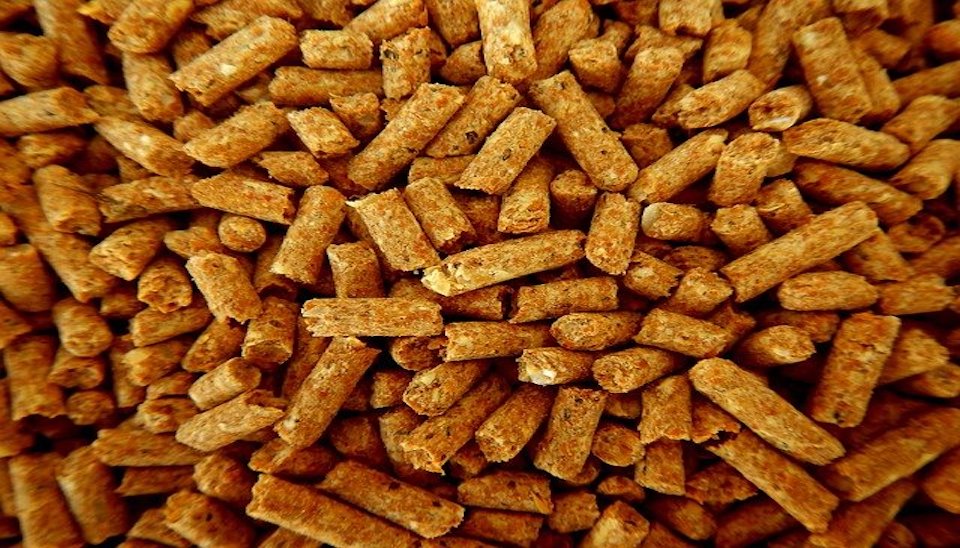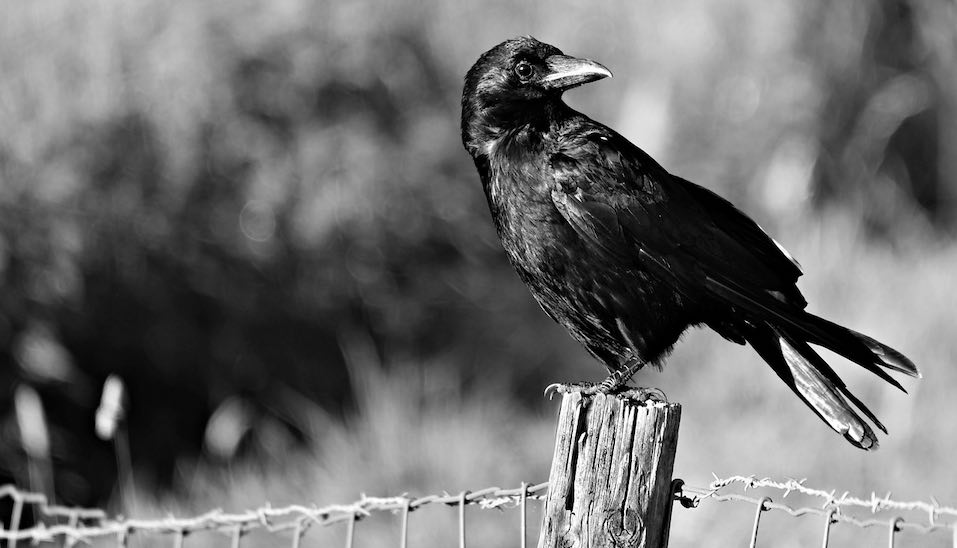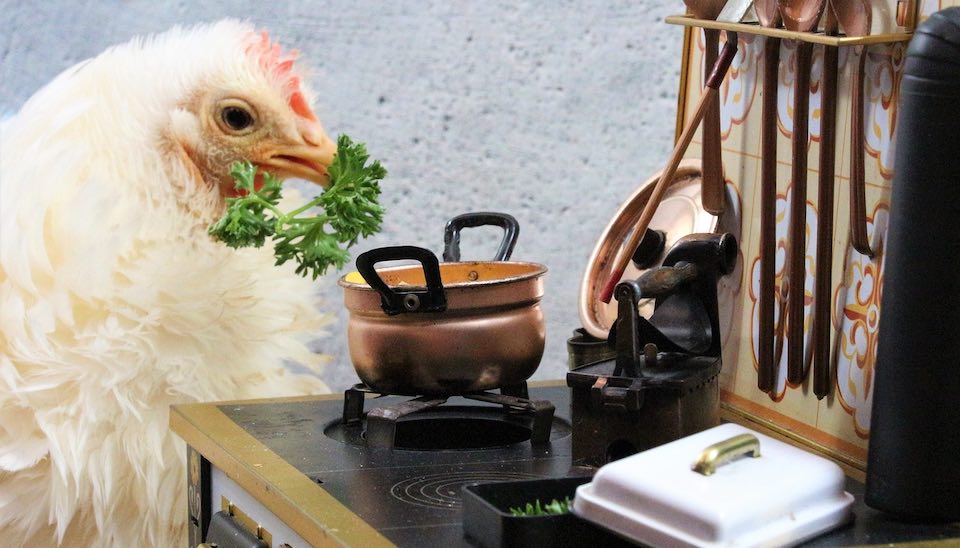Chicken Feed Storage Dos and Don'ts
Chicken Feed Storage Dos and Don'ts
If you’re like us, you probably haven’t put much thought into how and where you store chicken feed. It wasn’t until we had pallets of feed in the Dine a Chook Warehouse that we realized how much storage mattered.
Storing chicken feed correctly is just as important for backyard chicken keepers as it is for us. Incorrectly stored feed is not as nutritious as fresh feed and can cause all sorts of problems, including deficiencies, illness and even death!
Stored correctly, chicken feed can be just as fresh and nutritious after a couple of weeks as it was when it was first opened.
Why chicken feed storage matters for backyard chicken keepers
If you only have a small flock, a standard-sized bag of chicken feed can last for months, making feed storage even more important!
Chicken feed storage is important because:
- The vitamins, minerals and other essential nutrients in feed degrade if not stored correctly
- Moldy feed can contain toxins that cause illness and death
- Stale or rancid feed is often unpalatable, as well as being less nutritious
- Good feed storage helps deter rodents, wild birds, insects and other pests
The 5 things that ruin chicken feed
Chicken feed in storage degrades due to:
1. Moisture
Storing a feed bag directly on a concrete floor, or leaving it in a closed car after a hot day, can create enough moisture to cause spoilage.
Moisture causes mold growth, particularly when combined with light or heat. Wet feed can also contain the botulism toxin.
Wet or moldy feed can make your birds sick or even kill them. Never feed your birds wet or moldy feed, and don’t feed it to wild birds or other animals either!
2. Light and heat
Sunlight and heat cause the degradation of some vitamins and minerals in feed. They can also start to break down proteins and fats, causing rancidity.
If there is the tiniest bit of residual moisture in the feed, sunlight and heat will draw it out, creating an environment for mold to grow.
3. Chemical reactions
The vitamins and minerals in feed can react with oxygen, causing degradation and staleness.
Some metal storage containers also have the potential to react with vitamins and fats in feed.
4. Time
Nutrients like protein, fats and vitamins deteriorate with time. This decreases the nutrient-value of the feed and can cause deficiencies in backyard flocks.
5. Pests
Pests like wild birds and rodents can carry diseases that affect chickens, and some insects cause feed spoilage.
Chicken Feed Storage Dos and Don’ts
There are heaps of options for good chicken feed storage. Follow these tips to ensure your feed stays as fresh as the day you bought it!
| Dos | Don'ts |
|
1. Use feed as quickly as you can
Buying bulk may be more economical, but not when the feed loses nutrient-value over time. Buy one bag of feed at a time and aim to use it within 1-2 months. 2. Store in a secure, closed container Avoiding as much oxygen and moisture as possible makes feed last longer. A tightly closed container also deters pests. 3. Store in a cool, dry place We can't control the temperature, but we can avoid storing feed in direct sunlight and in unventilated places. |
1. Don't use transparent or translucent containers Light promotes mold growth and causes rancidity. Feed containers should always be opaque. 2. Keep away from moisture Wet feed is unsafe, so choose the driest place and choose a container that keeps feed dry! 3. Don't put feed directly into the storage container Metal containers are opaque and pest-proof, but can react with feeds. And some people worry about contaminants leaching from plastics. Store chicken feed in its original bag inside your storage container. |
Do you want to know more about chicken feed and nutrition? Check out these handy articles:
- Why modern laying hens need a special diet
- The best diet for laying hens
- How to recognize a vitamin or mineral deficiency in chickens
Happy chicken keeping!
Rachael - Dine a Chook Australia




